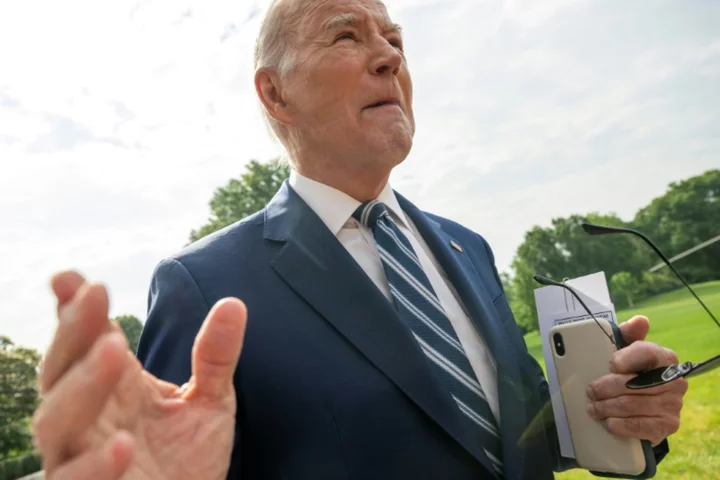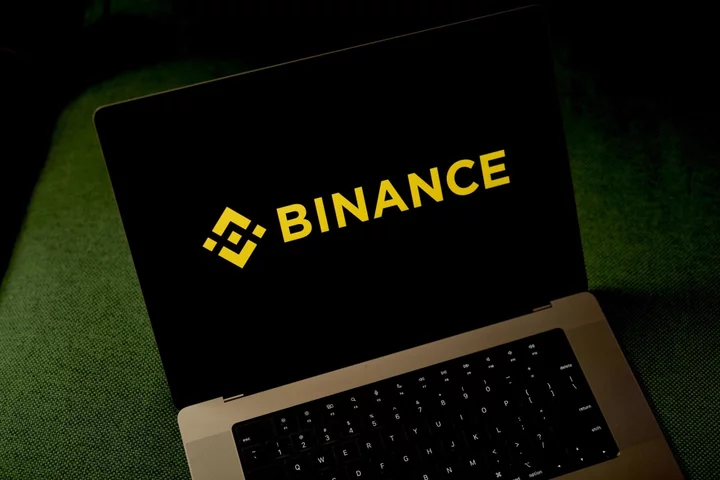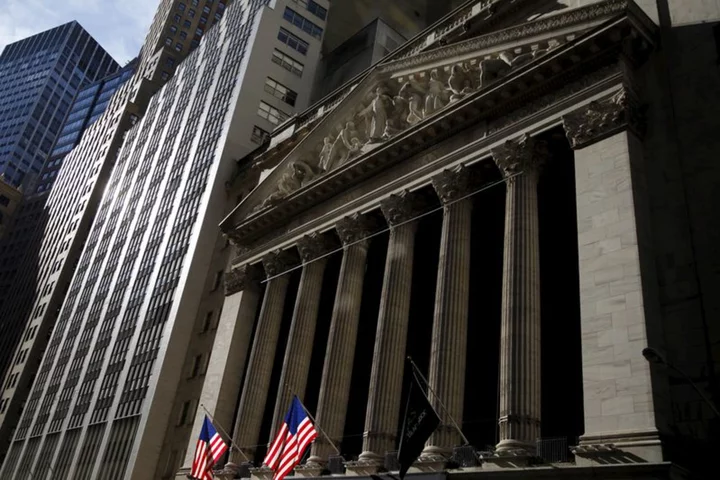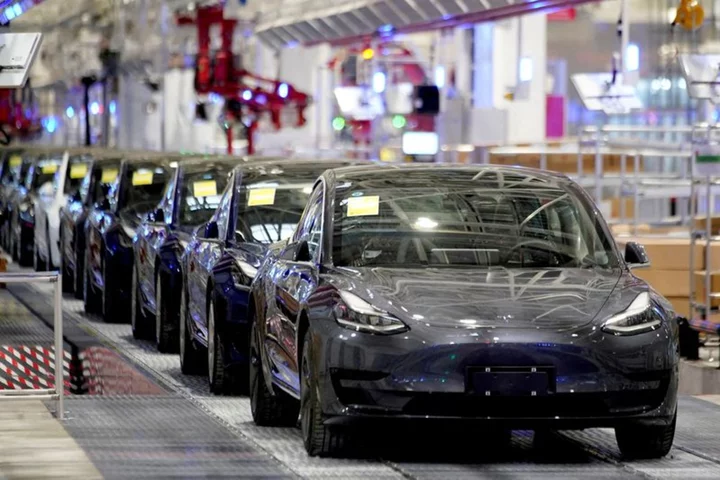President Joe Biden is gambling his 2024 re-election on a continued strong US economy and manufacturing resurgence with a speech Wednesday launching his newly branded "Bidenomics."
The Democrat's speech, heavily promoted in advance by the White House, will see him take credit for a powerful US recovery from the Covid pandemic shutdown and subsequent supply chain nightmares.
"You'll hear the president today talk about the fact that the United States right now..., we are leading the world in terms of the fastest, strongest economic recovery since the beginning of the pandemic among G7 countries," Principal Deputy Press Secretary Olivia Dalton told reporters.
It's a bold, potentially risky move for Biden to put the economy at the center of his re-election platform, brushing aside months of warnings that the world's biggest economy might still hit a post-pandemic recession.
Putting his name on it is even bolder, with "Bidenomics" deliberately echoing and refuting Republicans' long-cherished "Reaganomics," in reference to the 1980s boom under Ronald Reagan.
Biden was bullish Wednesday on departure for Chicago, telling reporters at the White House that he's "been hearing every month there's going to be a recession next month."
Now the consensus, he said, is that "we're not going to have a recession."
- 'Bidenomics' or 'Reaganomics'? -
So far, the sales pitch is having trouble getting through -- in large part due to the lingering inflationary pressures on a country that had grown used to low price increases.
A May poll by ABC News/Washington Post even found Biden's scandal-plagued Republican predecessor -- and likely 2024 rematch rival -- Donald Trump leading by 18 percentage points on the question of who handled the economy better.
But the White House says inflation is on a slow but steady decline and that "Bidenomics" is changing the playing field in a way that will benefit the middle classes.
Huge spending bills passed by Congress during Biden's first two years in power are pouring money into green energy technology, semiconductors, and not less than $550 billion for revamping the country's roads, bridges and other infrastructure.
Lael Brainard, director of the National Economic Council, told reporters Tuesday that the Reagan-era trickle-down theory led to the hollowing out of US industrial cities with offshoring and abandonment of ambitious infrastructure upgrades.
By contrast, Biden is using government funding as a catalyst for a "boom in private sector spending in manufacturing construction."
She touted funding for expansion of broadband internet to every corner of the United States as an echo of Franklin Roosevelt's epic electrification program to modernize the nation in the 1930s.
As for getting voters to buy into the "Bidenomics" pitch, that will come as Americans start seeing the funds begin to kick in, Dalton said.
"We're seeing shovels in grounds, we're seeing private investment come back to our country, we're seeing millions of jobs created. So now is the time, with all of those accomplishments, (when) the president can take this message to the American people and say this is what Bidenomics is," Dalton said.
"We're just starting to feel the impact."
sms/des









